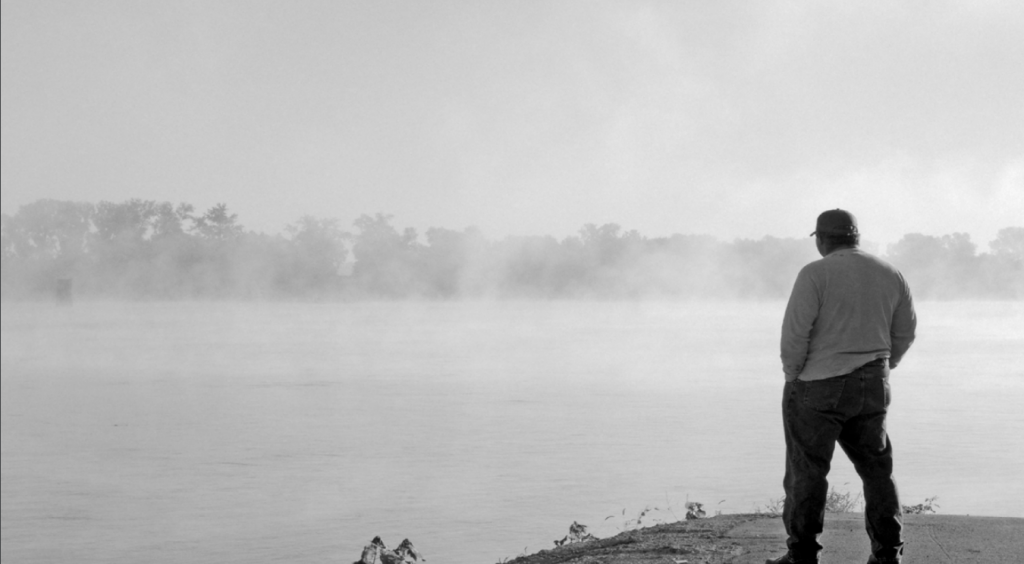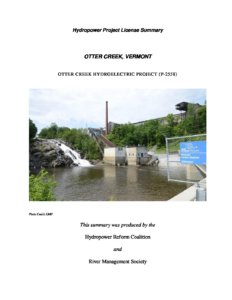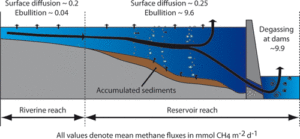Introducing a new Water Justice Toolkit for Frontline Communities

The Clean Water Act. Title VI of the Civil Rights Act. The Freedom of Information Act. Environmental laws in the United States are meant to protect the natural environment and create equitable and just outcomes for communities.
While the U.S. is a leader in environmental regulations and safety, there is a long history of Black and Indigenous communities and other communities of color systematically being denied such basic necessities as access to clean water and a healthy river. Low-income communities and communities of color disproportionately bear the negative environmental impacts stemming from the inequitable systems rooted in this country— impacts that are intensified by climate change. Those who are most affected by flooding, drought, extreme temperatures, and storms have the fewest resources to adapt due to a history of racist policies, a legacy of pollution and a disinvestment in basic infrastructure.
Addressing water inequities is a human rights and justice issue. But for the average citizen, environmental law is a vast and intimidating field. Seasoned attorneys can spend their entire careers learning to navigate and apply U.S. environmental laws and policies. How can communities that are most impacted by environmental injustice use existing laws and policy to address their need for clean water and a healthy environment?
American Rivers’ new report, “Water Justice Toolkit: A Guide to Address Environmental Inequities in Frontline Communities,” was developed to provide legal resources to support, encourage, and engage communities experiencing environmental injustice. This “toolkit” includes a set of six guides for local communities and organizations to either start or supplement their environmental justice efforts:
- Clean & Safe Water Guide
- Equitable Flood Risk Management Guide
- Title VI Environmental Justice Complaints & Compliance Guide
- Local Land Use Planning & Zoning Guide
- Public Participation Guide
- Community Science Guide
Each guide provides a basic overview of federal laws and policies. In addition to explaining legal avenues, the toolkit highlights numerous case studies where community organizers have implemented policy tools to address local environmental justice issues. Special thanks to our community partners for helping develop this report and sharing their stories, including the Intrenchment Creek Community Stewardship Council in Atlanta, GA, Coalition for the Delaware River Watershed, Lowcountry Alliance For Model Communities (LAMC) in Charleston, SC, Corazón Latino, Community Health and Empowerment through Education and Research (CHEER), The Waccamaw Indian People of South Carolina, and Freshwater Future in Toledo, OH and Flint, MI.
The Water Justice Toolkit was produced as part of the Anthony A. Lapham Fellowship. This fellowship honors the memory of Anthony A. Lapham who served for many years on the board of American Rivers, including as its Chair. The goal of the Lapham Fellowship is to develop the next generation of skilled leaders who can promote practical environmental solutions that achieve measurable results for natural and human communities.
This document was developed with and for community organizers, neighborhood organizations, concerned residents and individuals, students and educators, and established environmental nonprofits. With time and the right resources, anyone can learn how to utilize environmental laws and policies to advocate for and address environmental justice concerns.
Environmental justice starts and ends with the community. It is our hope that the Water Justice Toolkit will provide both inspiration and guidance on how to apply laws and policies to address harms in local communities and watersheds. Feel free to download and share this free resource to support your ongoing efforts to ensure clean water and healthy rivers for all.
The post Introducing a new Water Justice Toolkit for Frontline Communities appeared first on American Rivers.



